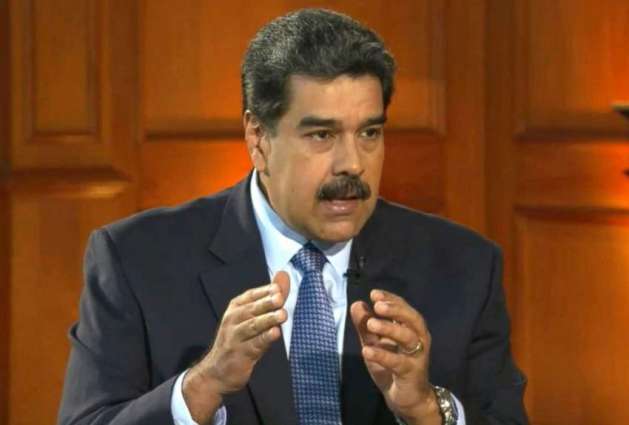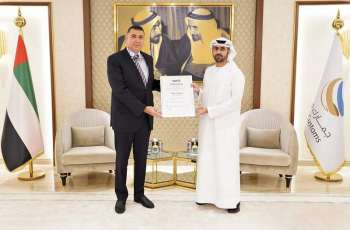Lawyers representing the Central Bank of Venezuela (BCV) in a legal case over the Venezuelan gold reserves held by the Bank of England told the England Court of Appeals on Tuesday that the UK government had always recognized Nicolas Maduro as the country's de facto president
LONDON (Pakistan Point News / Sputnik - 22nd September, 2020) Lawyers representing the Central Bank of Venezuela (BCV) in a legal case over the Venezuelan gold reserves held by the Bank of England told the England Court of Appeals on Tuesday that the UK government had always recognized Nicolas Maduro as the country's de facto president.
"In Venezuela on a practical day-to-day level there can be no doubt that President Maduro exercises the powers of Head of State and Head of Government, and it is with Mr Maduro's representatives that the United Kingdom has continuously maintained and continues to maintain diplomatic relation," the legal team said.
On July 2, the High Court of England and Wales ruled against the BCV, which has brought the Bank of England to trial for refusing to return 31 tonnes of gold deposited in its vaults on the grounds that Venezuela's self-proclaimed president Juan Guaido had filed a rival claim over the gold, which is valued at an estimated $1.2 billion.
The judge presiding over the case then said that Guaido had been "unequivocally" recognized by the United Kingdom as the president of Venezuela, following a statement made by then-Foreign Secretary Jeremy Hunt in 2019.
Upon presenting the case on Tuesday before the Court of Appeals, lawyer Nick Vineall, from the London-based legal firm Zaiwalla & Co., claimed that the judge issuing the verdict had failed properly to distinguish between de jure and de facto recognition.
According to the lawyer, a de jure government is one which in the opinion of the person using the phrase, ought to hold the powers, though at the time it may be deprived of them, while a de facto government is the one which is in possession of them, although such possession may be wrongful or precarious.
He also pointed out that the UK government's recognition of Guaido is in breach of the common law which states that such prerogative should not be used to intervene in the internal affairs of another sovereign state.
Zaiwalla & Co. had said in a previous statement that an issue to be solved in this case is whether the Bank of England should accept instructions to deal with the gold reserves from the actual directorate of the BCV, appointed under the Venezuelan law, or from the "virtual" president of the BCV appointed by Guaido, and who is not a resident of Venezuela.
"The outcome in this case could present a further threat to the international perception of English institutions as being free from political interference, as well as the Bank of England's reputation abroad as a safe repository for sovereign assets," Sarosh Zaiwalla, senior partner at Zaiwalla & Co, said as quoted in the statement.
The lawyer recalled that the main concern of the BCV board appointed by Maduro is to ensure that the assets of the Venezuelan people can be made available for the country's fight against the COVID-19 pandemic.
Both sides will have until Thursday to present their arguments before three judges of the UK Court of Appeals, which might take some more time to reach a verdict.




